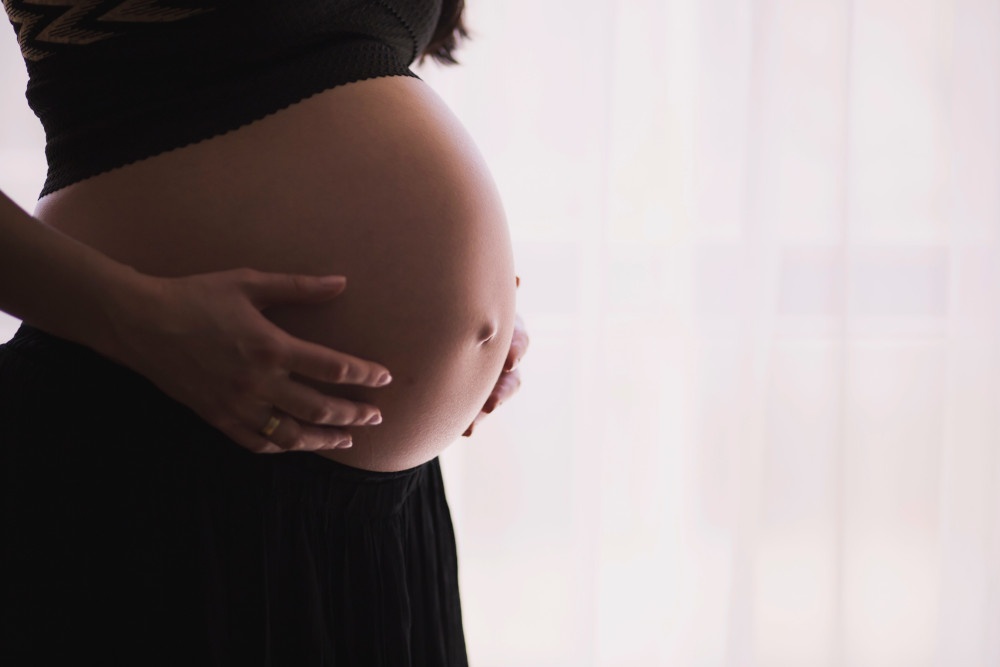KUALA LUMPUR, April 21 — When pregnant women make birth plans to welcome their babies to the world, they typically wish for the most comfortable and safe option.
But as the country is devastated with the Covid-19 outbreak, the birth plans may cause a tremendous amount of stress and anxiety, which could possibly be further fueled by the movement control order (MCO) in place.
According to consultant obstetrician and gynaecologist Dr Ida Lilywaty Md Latar, isolation, bereavement, financial difficulties, insecurity and inability to access support systems are all widely recognised risk factors for mental ill-health (an umbrella term that includes both mental illness and mental health problems) among pregnant women.
“This is especially so in pregnant women during pandemic and living with adversity including poverty, substance misuse, experiencing domestic abuse and mental health problems will continue to require timely expert support,” she said.
Therefore, she added, it was critically important that support for women and families was strengthened as far as possible to help address women’s mental wellbeing at every contact.
She also urged women to access support through remote means as far as possible.
Despite the enforcement of the MCO, Dr Ida said access to care was vital to ensure support for women in pregnancy throughout the shutdown period.
She also clarified that so far there had been no reported cases or incidence of complications of immobility like venous thromboembolism (blood clotting in the vein) for women in isolation.
However, Dr Ida noted that a potential issue among pregnant women would be dietary compliance, especially for patients with gestational diabetes, which could be the result of a sedentary lifestyle, limited mobility and high calories intake.
“It is important for all healthcare workers to assess these risks for each individual woman during their antenatal visits and provide advice whenever possible to prevent potential issues,” she said.
Dr Ida also cautioned women who skipped their regular antenatal appointments during the pandemic and MCO due to fears of catching the virus when visiting a healthcare facility.
“Whatever your personal situation during Covid 19 outbreak, pregnant women need to consider that maternity care is essential and has been developed over many years to reduce complications in mothers and babies.
“The risks of not attending antenatal care include harm to women and their babies or both, even during the outbreak,” she said.
She also advised that if the mothers-to-be have any concerns about visiting healthcare facilities, they should contact the maternity team for further plans.
“If there is a need to reduce the number of antenatal visits, this will be communicated and done as safely as possible,” she added.
Highlighting possible health risks for pregnant women, Dr Ida said pregnancy itself altered the body’s immune system and response to viral infections which could occasionally be related to more severe symptoms.
“This is especially the case towards the end of pregnancy,” she added.
Citing a report from China, she said there was no evidence for vertical transmission (transmission from mother to baby antenatally or intrapartum) of Covid-19 and that the foetus was unlikely to be exposed during pregnancy.
She also clarified that there was currently no data suggesting an increased risk of miscarriage or early pregnancy loss in relation to the infectious disease.
“It is therefore currently considered unlikely that there will be congenital effects of the virus on fetal development and no evidence currently suggests that the virus is teratogenic.”
For the Covid-19 positive patients, Dr Ida said the recommended delivery mode would be via caesarean section (unless labour was imminent) with standardised universal precaution.
“Breastfeeding is contraindicated until further evidence is available and the newborn will be put under close monitoring for Covid-19 testing,” she added.
Based on the latest report by Vital Statistics, Malaysia welcomed about 502,000 babies in 2018.
That is equivalent to about 1,400 births every day.






















